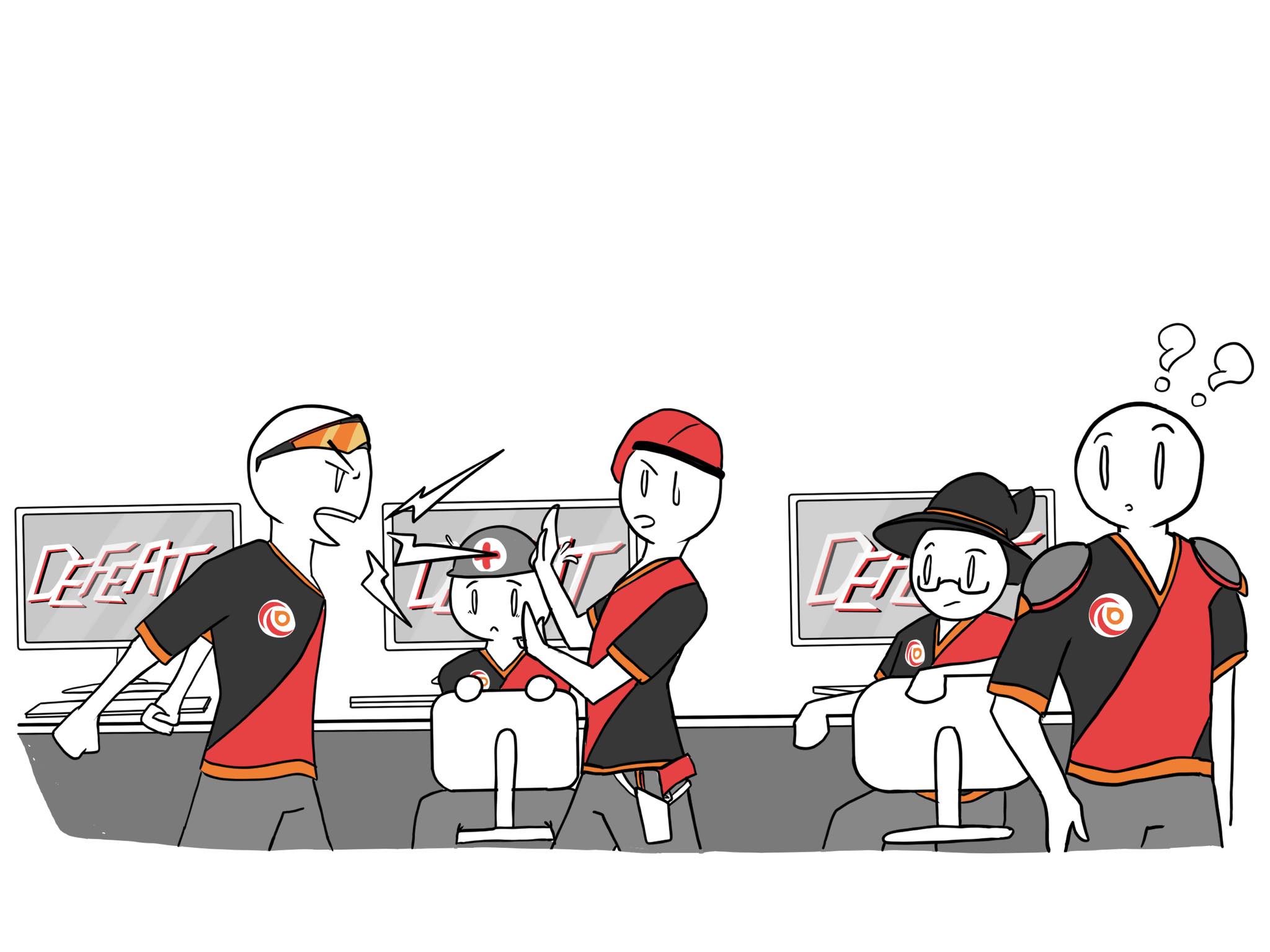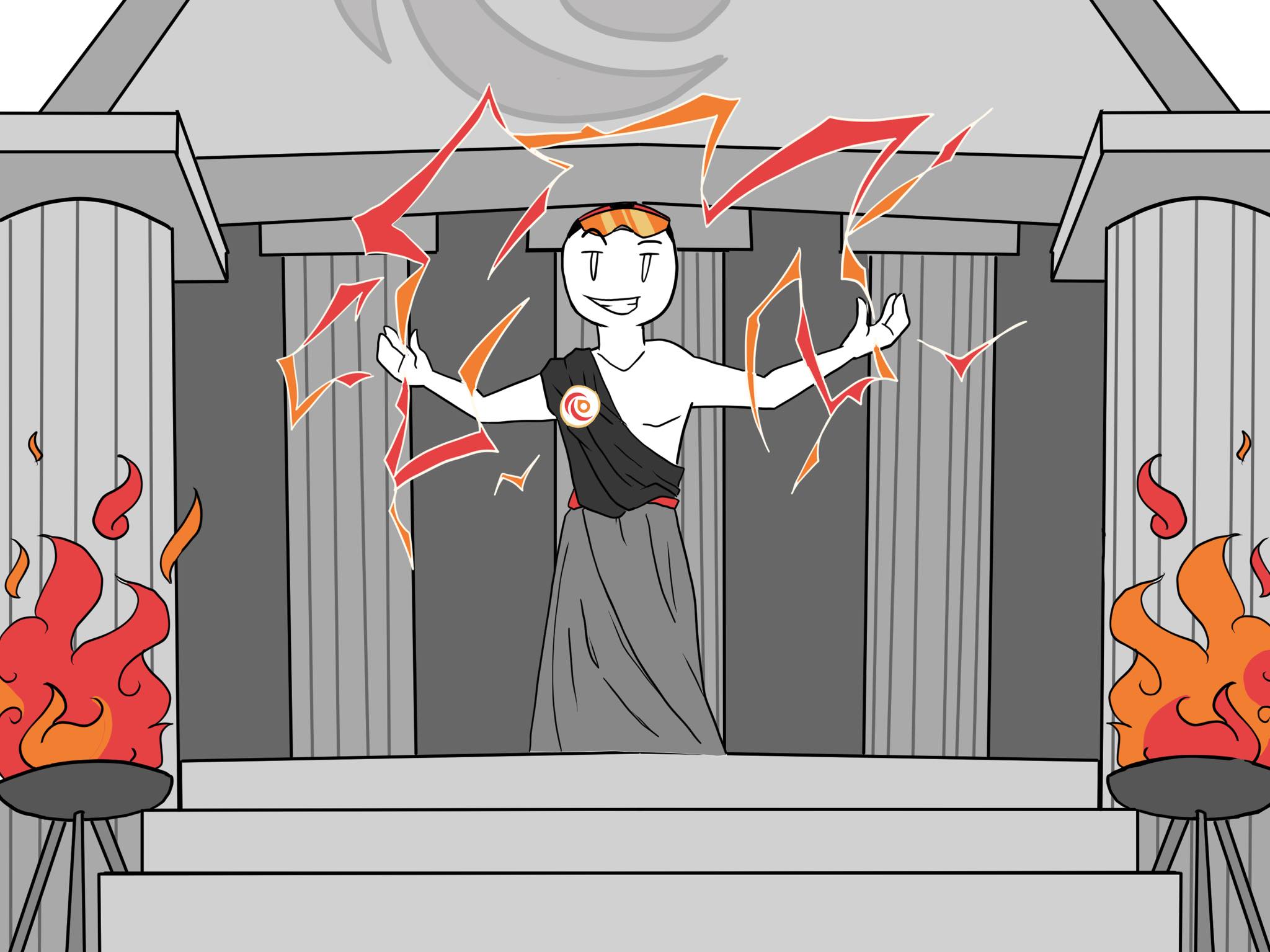Why communication is important for teamwork in esport
Are you looking for ways to optimize your teamwork in esports? Have you ever wondered what psychological factors play a role in esports teamwork? There are, without any doubt, multiple factors that influence better performance as a team. This article examines why communication is important for teamwork in esport.
Tang (2018) suggest that communication is a potential barrier for esports players in achieving optimal performance. Communication contributes to several human factors, such as motivation, role-identification and ways of communicating.
Motivation
Communication can be a motivating factor. It’s way more motivating to play as a team, if you have a good team environment. Tang (2018) describes that “a sense of belonging” is a crucial factor in team performance and that developing good relationships with your teammates increase your motivation as a player and therefore optimizes your performance as a team-player.
Role-identification
Role-identification, also called team cohesion, is essential for success in esports. Burch and Chekera (2020) explain that knowing your own role as a player and being able to meet the needs of your team, is crucial to success. An example could be roles in League of Legends (Lol). The support knows that her role is to protect the ADC (Attack-Damage Carry). Being on the same wavelength and having collective goals leads to less stress when you’re performing. And that leads to optimized performance.
Ways of communicating
There are multiple ways of communicating in-game. In most games, players communicate verbally, but sometimes, non-verbal language is part of a game as well. Examples of that would be Call of Duty: Warzone or Lol, where you use pings to communicate (mark a target or signal for help). Lipovaya, Lima and Barbosa (2018) suggest that non-verbal communication only works efficiently, if the players understand the non-verbal language. Therefore, verbal communication is crucial to talk openly about how the team uses the non-verbal communication.

Conclusion
To sum it all up, communication is a vital factor for increasing multiple human factors that lead to optimized performance as a team player. It is also worth noting, that this article only pinpoints some of the factors regarding communication in teamwork and does not cover all aspects of the topic. But it gives you an idea why communication is important for teamwork in esport.
Litterature
Birch, P., Chekera, E. (2020). What esports teams need to know, Psychology Today. US.
Lipovaya, V.; Lima, Y.; Grillo, P.; Barbosa, C. E.; Souza, J. M.; Duarte, F. (2018): Coordination,
Communication, and Competition in eSports: A Comparative Analysis of Teams in Two Action
Games. In: Proceedings of the 16th European Conference on Computer-Supported Cooperative
Work – Exploratory Papers, DOI: 10.18420/ecscw2018_11
Tang, W. (2018). Understanding esports from the perspectives of team dynamics. The Sport Journal Vol 21. United States Sports Academy. ISSN: 1543-9518


